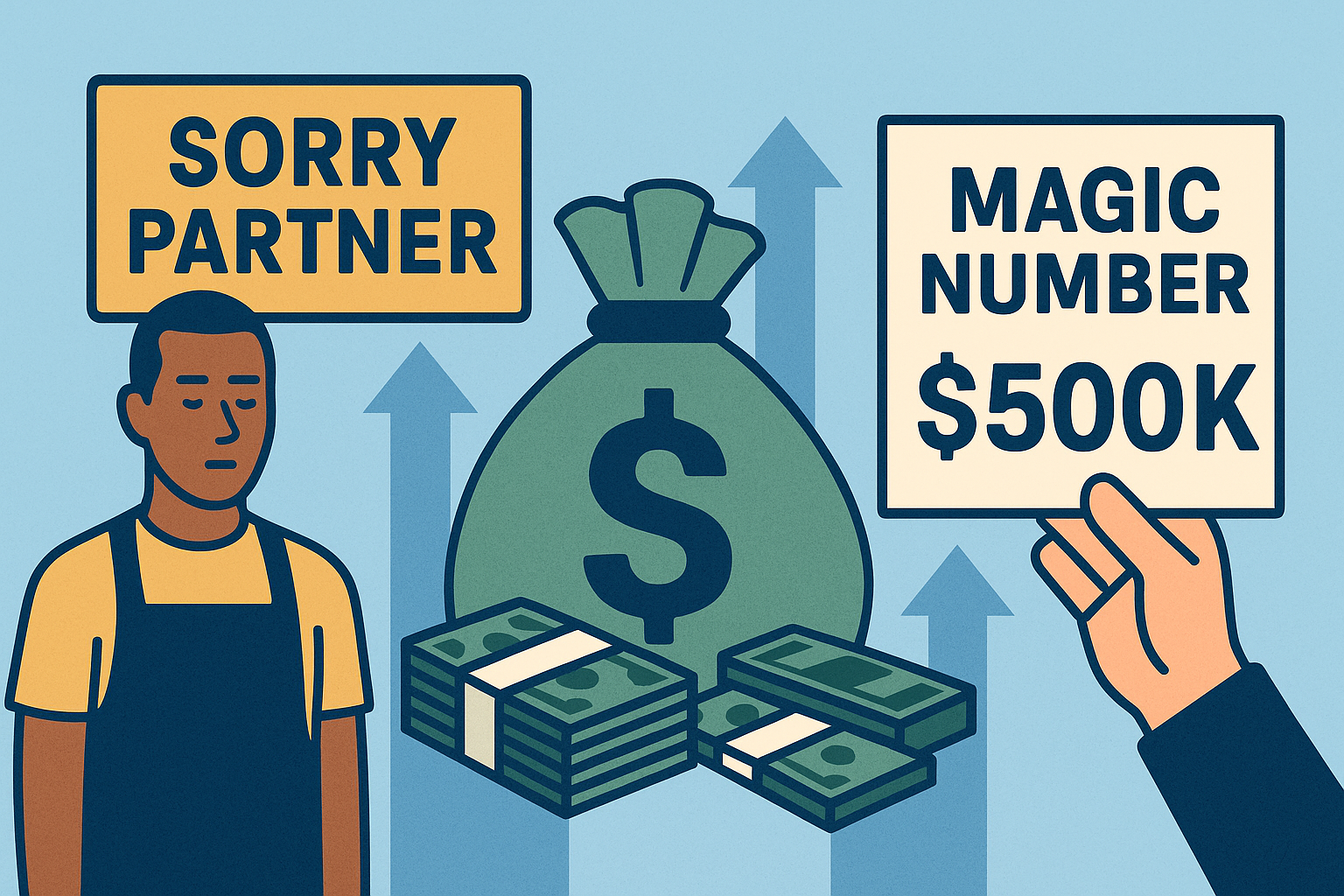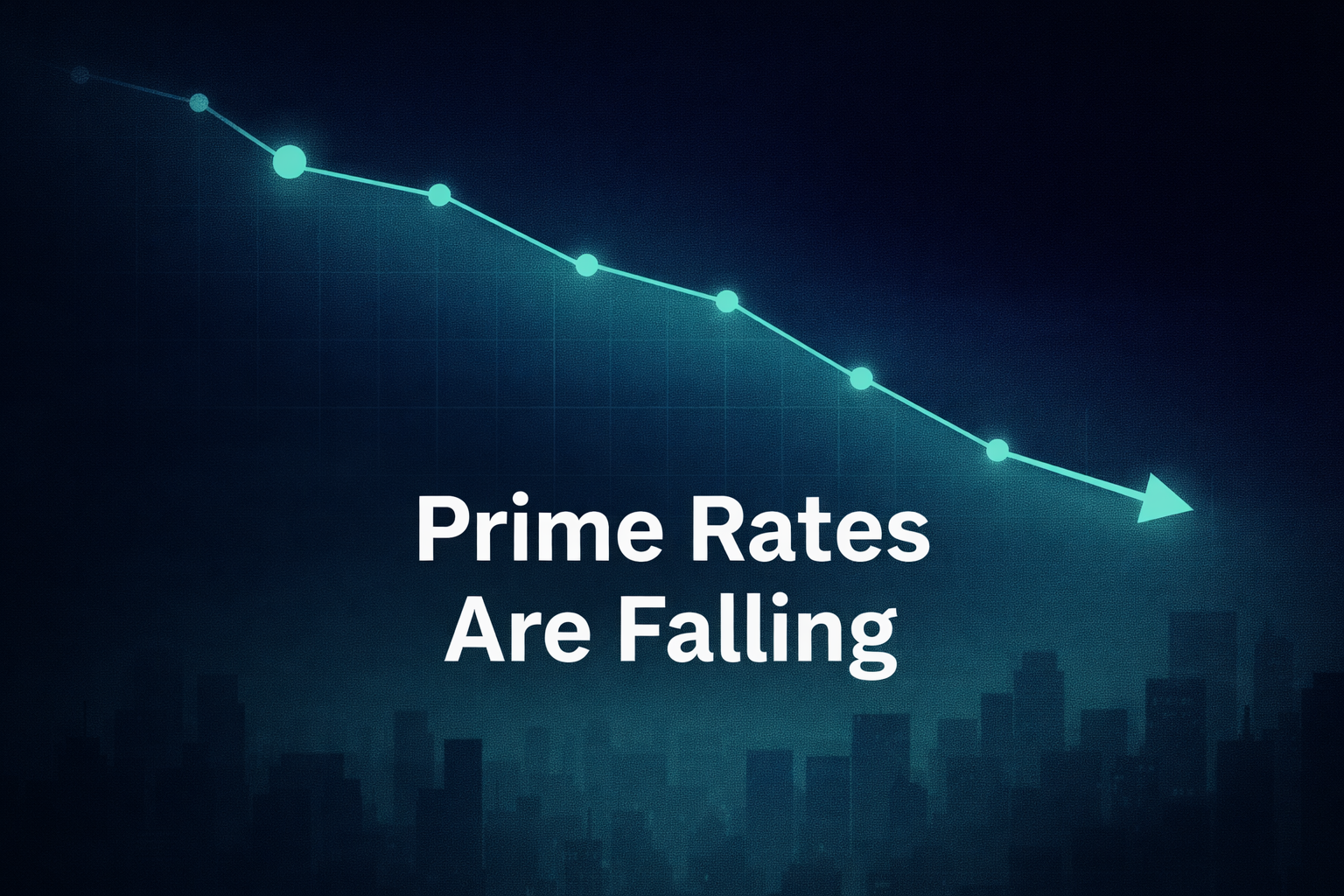Most business owners wait until January to think about financing. That’s a mistake. By then, lenders are swamped, documents are stale, and you’re playing catch-up. If you want to be in the best position for 2026 SBA funding, you need to tighten up your credit and paperwork now — before the calendar flips.
Personal Credit Still Matters
Even if you run a profitable business, your personal credit score is often the first gatekeeper for SBA eligibility. All SBA lenders need to see 660+; streamline and express approvals start at to 680.
- Check for errors now. Pull your credit from all three bureaus. Dispute mistakes — they can take 30–60 days to clear.
- Pay down revolving debt. Even a small reduction in utilization can move your score.
- Avoid new inquiries. That new credit card for holiday points could cost you approval in January.
Don’t assume business credit alone will save you. In SBA land, your personal file is part of the equation.
Business Credit: Build It Like a Reputation
Dun & Bradstreet, Experian Business, Equifax Small Business — they all track your company. If your reports are thin, you look riskier than you really are.
- Check your profiles. Make sure your business address, ownership, and industry codes are correct.
- Establish tradelines. Vendor accounts (think suppliers, office equipment, inventory) that report to bureaus are key.
- Separate finances. Use a business credit card and keep payments clean. Co-mingled accounts raise red flags with lenders.
The goal isn’t just to “have business credit.” It’s to show a track record of responsible borrowing and repayment.
Documents That Will Be Asked For — Every Time
Here’s the unglamorous truth: most SBA applications die not because the business is unqualified, but because the paperwork is sloppy or incomplete. Expect to hand over:
- Most recent business tax return (2024)
- Debt schedule (list every loan, balance, and payment)
Waiting until January means your CPA is buried, and you’ll be chasing down missing numbers while competitors move ahead of you.
Why Timing Is Everything
January is when lenders reset their books, start pushing new volume, and refresh credit boxes. If you walk in prepared, you can take advantage of that momentum. If you show up with messy credit and half-baked docs, you’re in the back of the line.
Think of it like tax season: the early filers get refunds first, the procrastinators wait months. SBA loans work the same way.
Irving Fund’s Take
The next three months aren’t just about holiday sales and year-end close. They’re your window to clean up your credit, build your business profile, and lock down your SBA application package so you’re not stuck waiting in line while your competitors get funded.










